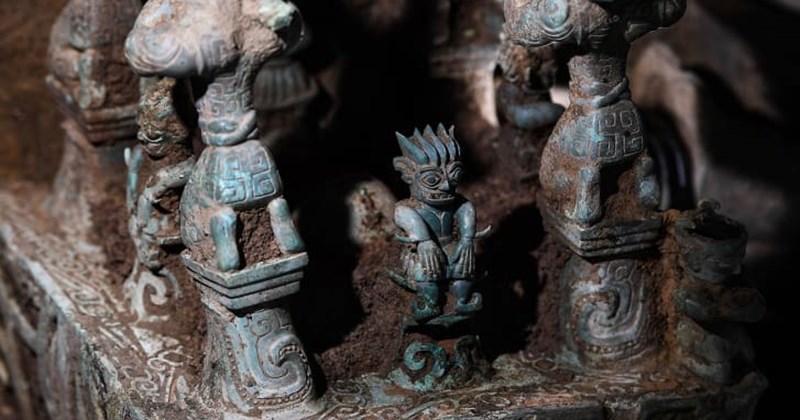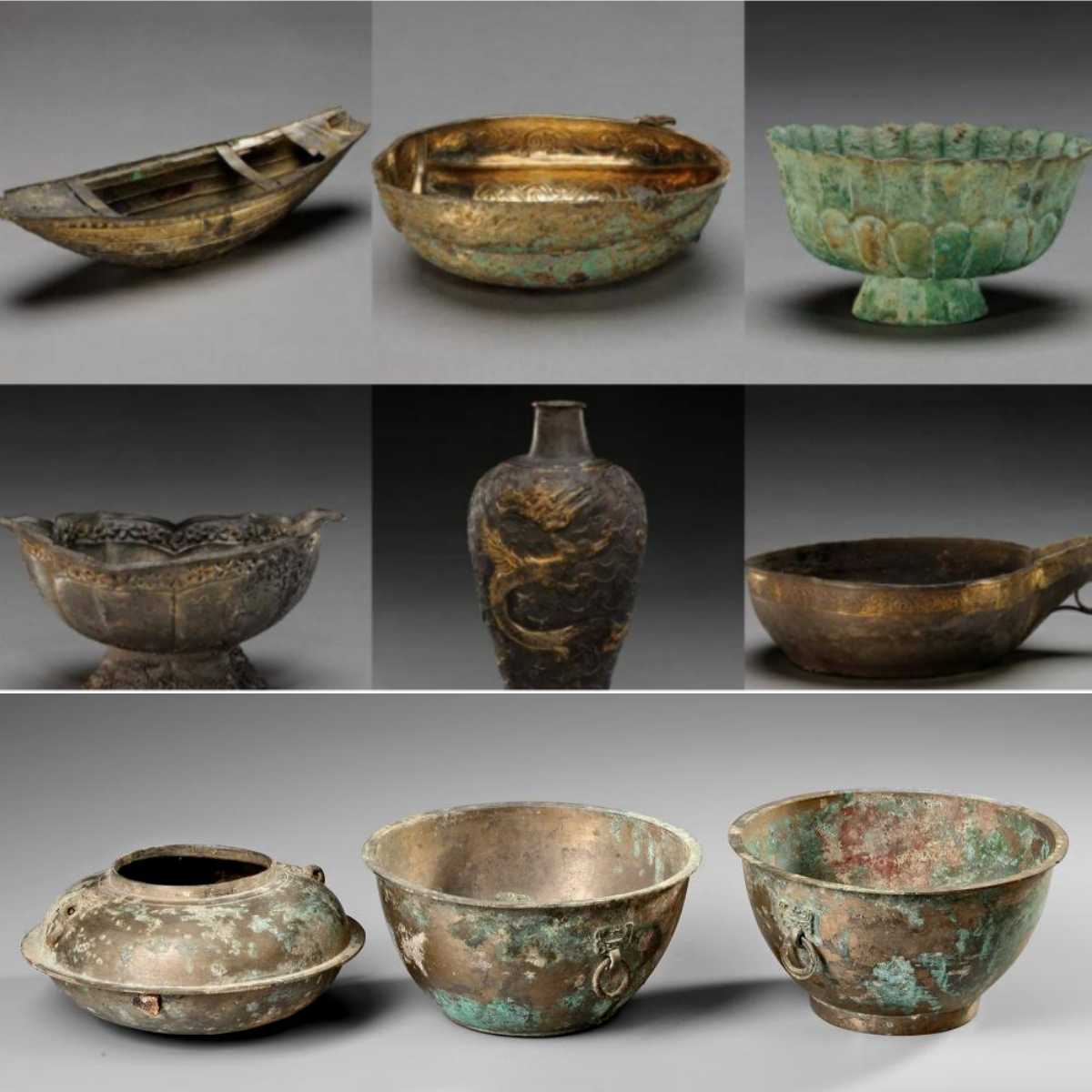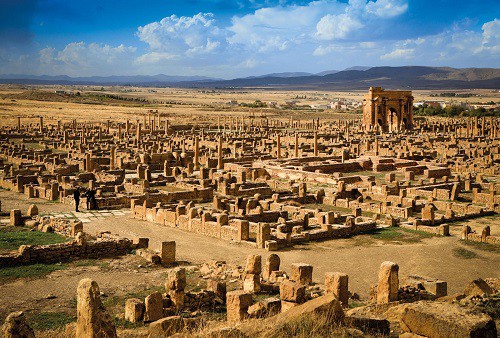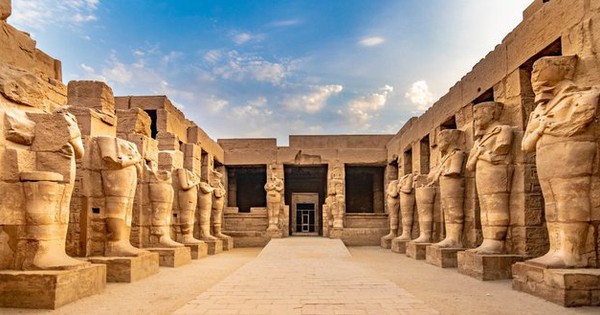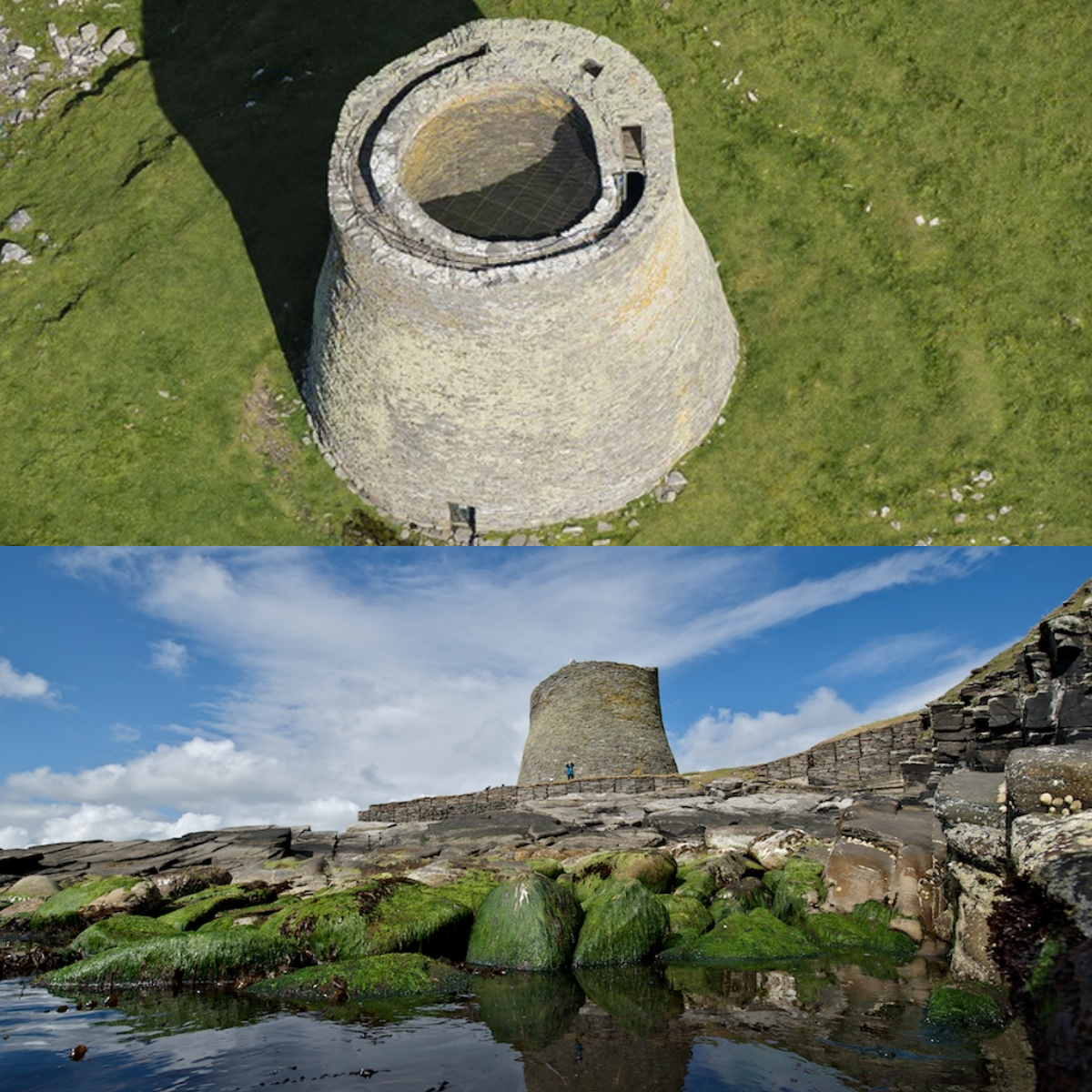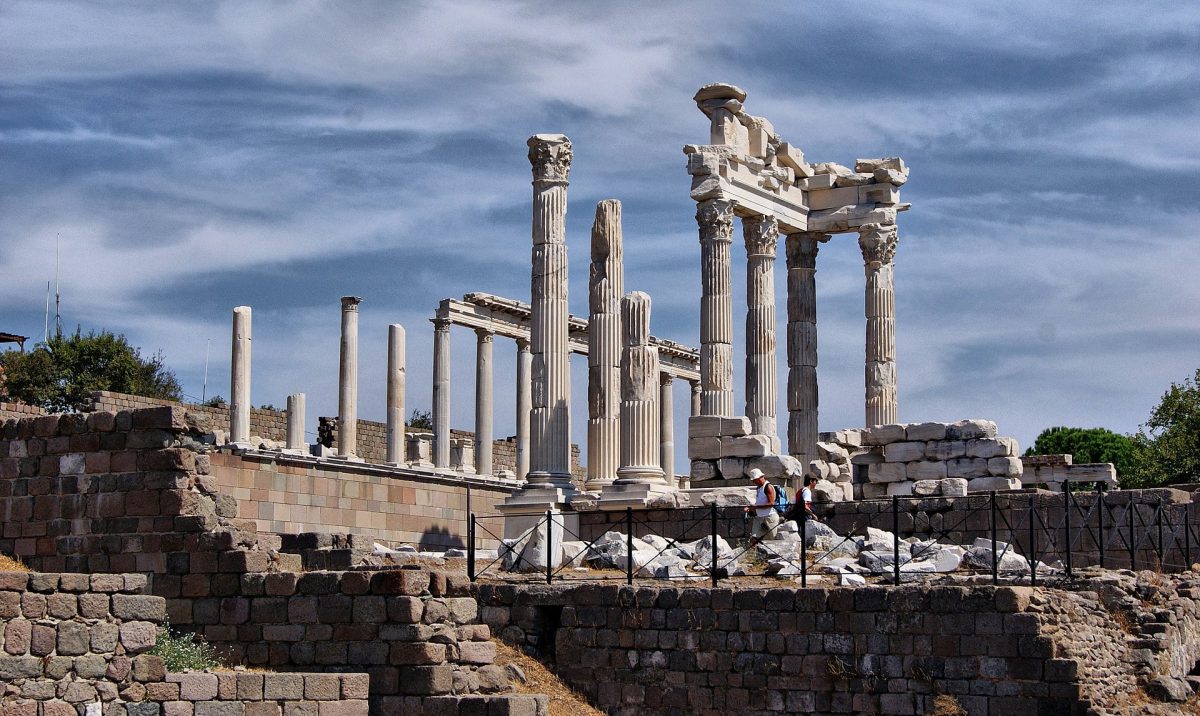
As a part of research on medicinal plants in Bergama, İzmir’s historic district where Galen (129 AD -200 AD) once resided, academics from Ege University are investigating the contributions of the renowned ancient Roman physician’s prescriptions over the years.
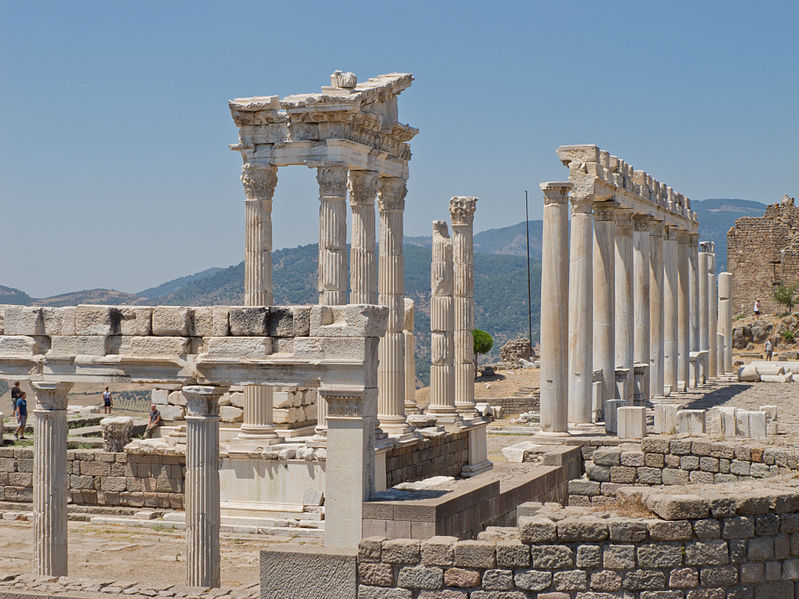
Galen (Galēnos) was one of the most prominent ancient physicians as well as a philosopher. In addition to his title as the father of pharmacy, Galen is also the first sports physician of the Roman world. His medical, and in some cases philosophical, work had a huge impact throughout the medieval period and even later, both in Europe and elsewhere. His position as the leading authority in medical theory extended for at least fourteen hundred years.
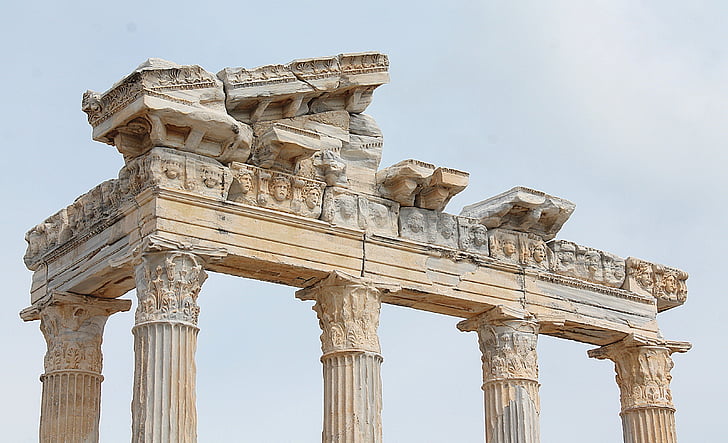
As part of a study conducted by the University of Ege to investigate how plants have been used by humans for centuries, Dr. Şükrü Arasan visited villages in the region and spoke to locals to compare the herbal prescriptions recorded in the Bergama region with those of Galen’s.
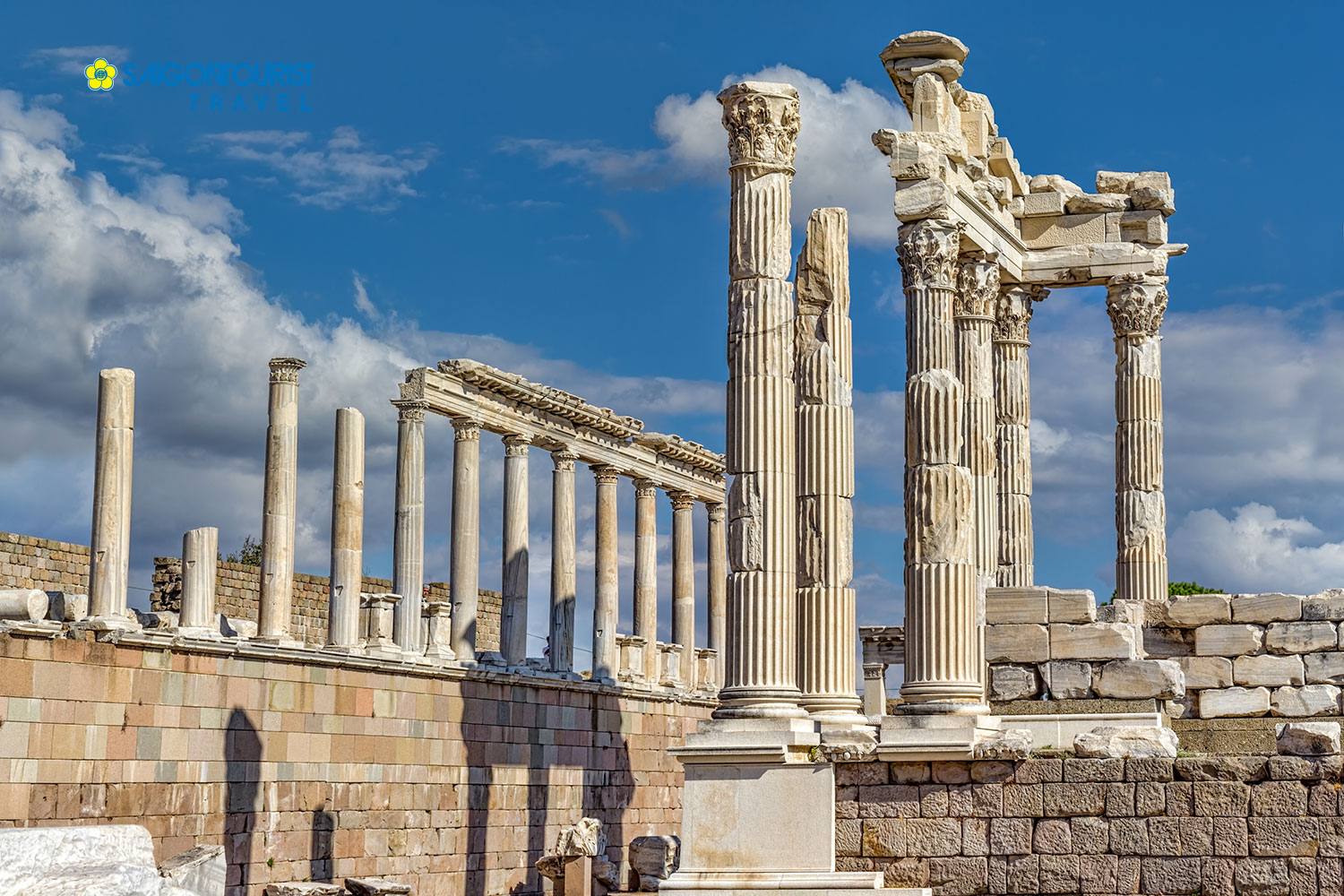
Doctor Şükrü Arasan and his team’s research has led them to local communities where the use of plants in medicine is still a living tradition. By comparing the herbal remedies created by these villagers to those documented by Galen, the researchers unearthed an intriguing continuity.
The study reveals that 160 different plant species are still in use, with approximately 130 of these employed for therapeutic purposes.
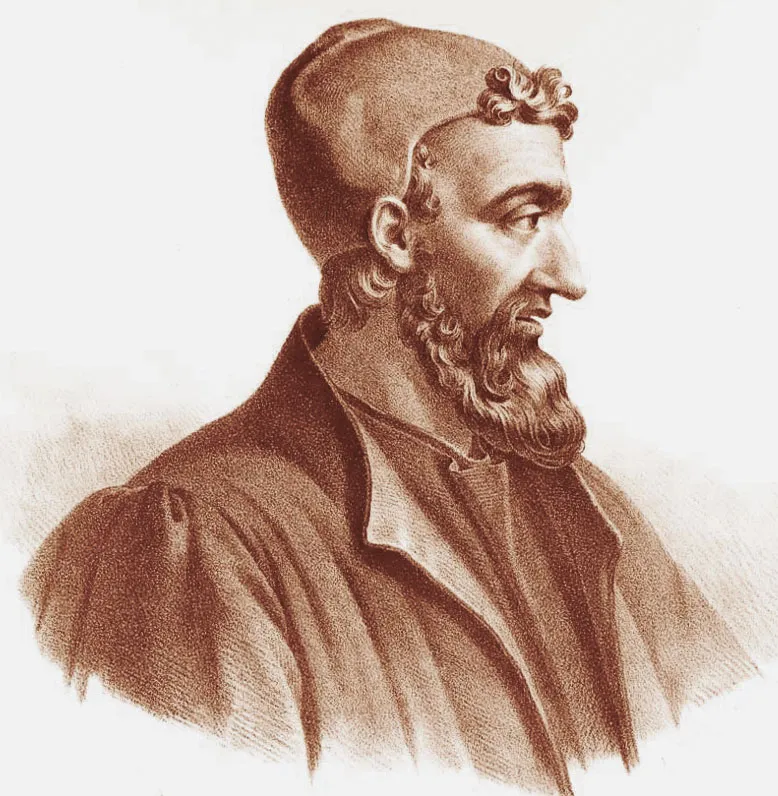
“The most prominent subject in our study was plants used in traditional folk medicine. One treatment that surprised us was the use of henbane seeds against the larvae of myiasis flies. The seeds of the henbane plant are mixed with animal tallow or tail fat and different processes are applied to produce smoke. The patient’s face is exposed to the smoke and the fly larvae are observed to fall into a bowl of water under the chin,” Dr. Arasan shared.
This is undoubtedly a testament to the innovative and practical applications of these ancient prescriptions.
Emphasizing the importance of dosage when using plants as traditional medicine, Professor Hasan Yıldırım at Ege University’s Department of Biology, said, “We are studying Galen’s formulas. his specialty is hidden in the doses of his formulas. For example, it is said to ‘drink sage tea.’ But how much should you drink? The use, effect, dose, and side effects of each plant are different. A small amount of many herbal active substances is medicinal, but too much of it may be poisonous.”
This delicate balance emphasizes the need to recognize and honor the power of natural remedies in addition to the wisdom of age-old customs. The study of Galen’s formulas serves as a reminder of the complex relationship between nature and health, a never-ending dialogue between the past and present.
Cover Photo: Haluk Cömertel
